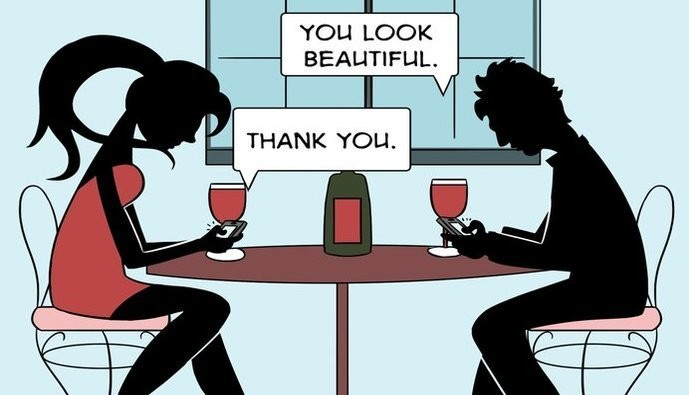Blog #11: EOTO Final Presentations
In the most recent final presentations, I feel like we as students collectively came together and agreed on our feelings about our usage of technology on a daily basis. We all seemed to express our desire to disconnect more and not rely on constant stimulus from our phones and computers. This would increase our productivity, focus, sleep, mental health, and our lives in general, however, technology has an iron grip on our age group as a whole as it has been integrated into a huge part of our everyday lives. In Jack O’Donnell’s presentation, two things stuck out to me about his technology use that I related to and learned more about. Academic Relationship with Technology: As college students writing papers and responses weekly while also experiencing the birth of AI sites, it becomes hard to be original with our work. When I first discovered AI generated content, it seemed harmless and just a tool to help me generate ideas for papers and other academic tasks. However, there is a h...
